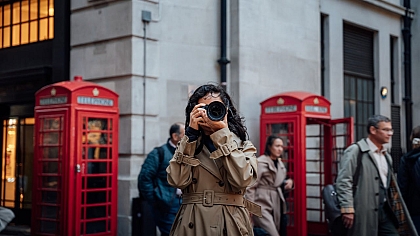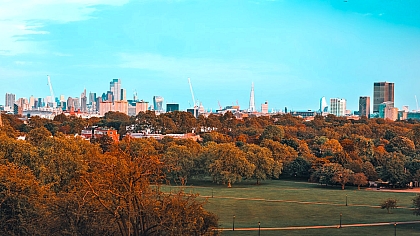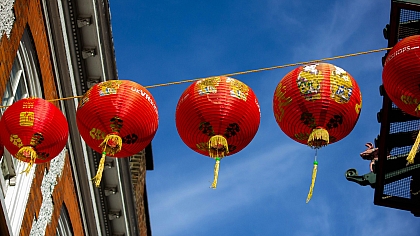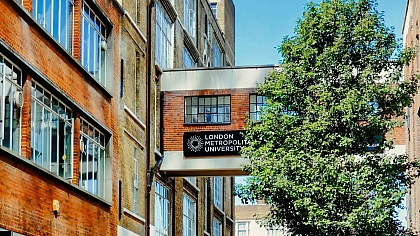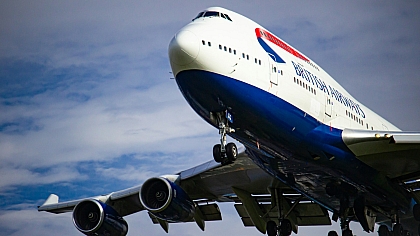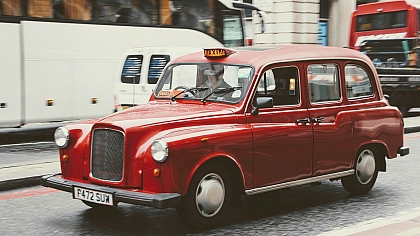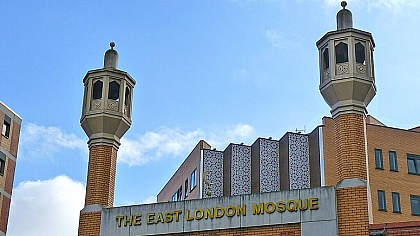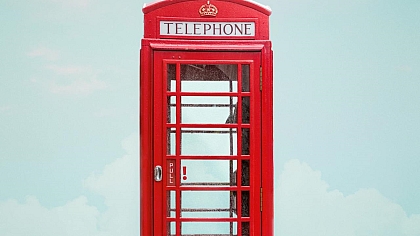
10 Things to Expect at the Airport in the Wake of Covid-19
Covid-19, or Coronavirus as it’s more commonly known, has swept the world like a tidal wave in recent years, taking down entire countries as it goes. Just like in the capital city of England, many nations were put on lockdown; flights grounded, airports, schools and restaurants closed, and self-isolation became the buzzword of 2020. If you didn't know any better, you’d be forgiven for feeling like we were all staring in a Danny Boyle movie.
With all the confusion and panic going on, buying London souvenirs would likely be one of the last things on your mind while at the airport. People are more likely to be focused on how to stay safe in these testing times.
These uncertain times have called for unprecedented measures and people across the globe are having to adjust to their new life of unemployment and social distancing - for the foreseeable future at least. But sadly, not everyone can stop what they're doing and hide safely at home. Key workers, such as doctors, nurses and carers still have to show up every day and travel when necessary. Plus, there are still people across the world who have found themselves in countries that are not their own, desperately trying to get home before hotel and airport closures make this impossible to do.
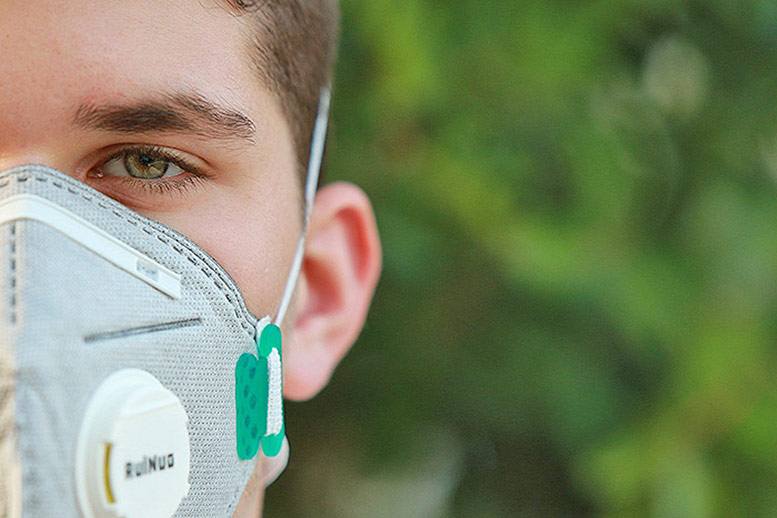
And so for now, some airports remain open and some airlines are continuing to run flights, albeit on a very reduced schedule. If you know you will find yourself at an airport in the coming weeks for whatever reason (though it is, of course, best that you travel as little as possible), here is what you can expect at airports in the wake of Covid-19.
Airports will be much quieter than usual
With so many people being encouraged to stay home and with most having their holidays and travel plans cancelled, the airports will be much quieter than usual. While it may feel a little eerie at times, this is a good thing for not only making it through security with ease but also for keeping your distance from other travellers as much as possible.
The usual amenities will not be on offer
We all love a pre-flight snack or a hot drink at one of the airport's coffee bars as much as the next person, but this is no longer an option amidst COVID-19. Expect most, if not all, restaurants, bars and shops to be shut. As with many countries going into lockdown, these establishments have been encouraged to close to help stop the spread of the virus. There may be one or two places where you can grab refreshments if you need to (like vending machines for example), but as a general rule expect things to be pretty quiet.
Lounges will also be closed
Many airports have chosen to close their lounges to stop the spread. These will undergo thorough cleaning before the airport opens back up again, but if you're used to your first-class lounge, you might just have to go without this time.
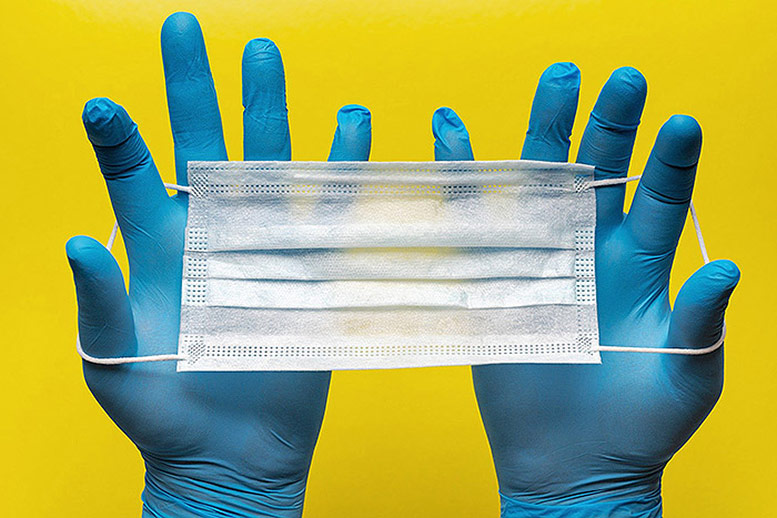
Staff will be wearing protective gear
The staff that still have to attend work each day are putting themselves at risk. As such, many airports are doing their best to provide protective gear to their teams, so expect to see many employees going about their day in masks and even sometimes full suits to protect themselves. This will probably look a little strange (again, like something out of a movie), but it’s essential during these concerning times.
There will be changes to many services
Those airlines and services that are still running may have introduced some changes to help protect their staff. For example, some airlines have stopped their flight attendants from serving food and drinks to each passenger individually as this increases contact between them and the passengers.
Prepare to see hand sanitiser - everywhere!
Most airports have put hand sanitising stations throughout the building to encourage people to sanitise regularly. It is no secret that governments and medical staff around the world are encouraging people to wash their hands thoroughly, and if you don't have access to a handwashing station, use sanitiser instead until you do. So be sure to use the stations provided, especially each time you make contact with a member of staff, another passenger or even a machine (such as the self-check-in machines). This is not just for your safety, but to stop germs from spreading to others as well.
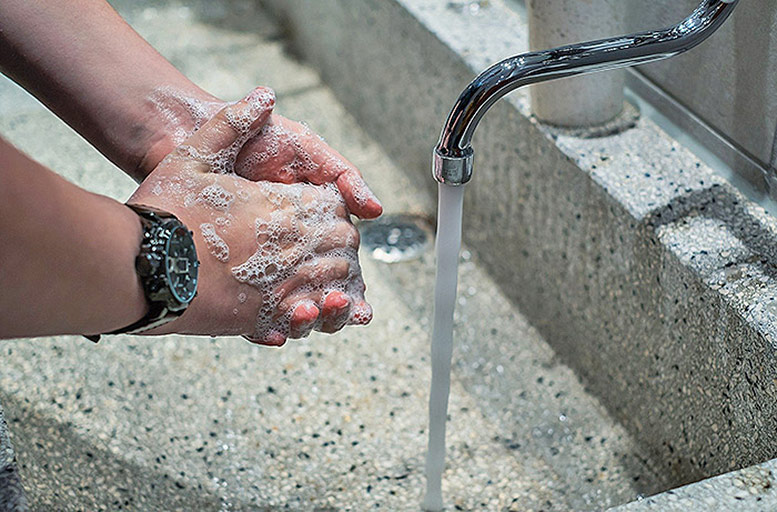
Surgical masks may be supplied
Some airports and airlines (particularly those in Asia) are providing all passengers with disposable masks. It is a matter of personal choice if you wish to wear one. It might not be the comfortable way to travel, and it's worth finding out for yourself if face-coverings prevent the spread of disease or not.
Most airports are screening passengers
In a bid to stop anyone who may already be sick from travelling or to put them immediately into quarantine before they can spread the virus further, most airports will be screening passengers - sometimes both before and after they board the plane. In some places, this involves having your temperature taken as you pass through security, as a fever is one of the most common signs of the Coronavirus.
Increased security checks
Those who don't have thermometers at their disposal may be increasing their security and screening measures by checking passports more stringently to find out where people have come from. This helps them to identify if a passenger has been to any of the countries that are most affected in recent days or weeks. You might want to consider using a luggage shipping service to save yourself some time with all the extra security measures in place. It will also allow you to spend a bit less time in the airport.
Be prepared for a very different airport experience
For those airports and airlines that are still running, there will be a lot of changes in place to help protect staff and passengers and to minimise the spread of this virus. If you have to travel, it's likely you won’t have the same enjoyable airport experience you're used to. Just be prepared for things to feel a little strange and make sure you're following all advice and guidelines given by airport staff, cooperating with them at all times to ensure that everyone can travel (or work) as safely as possible.
